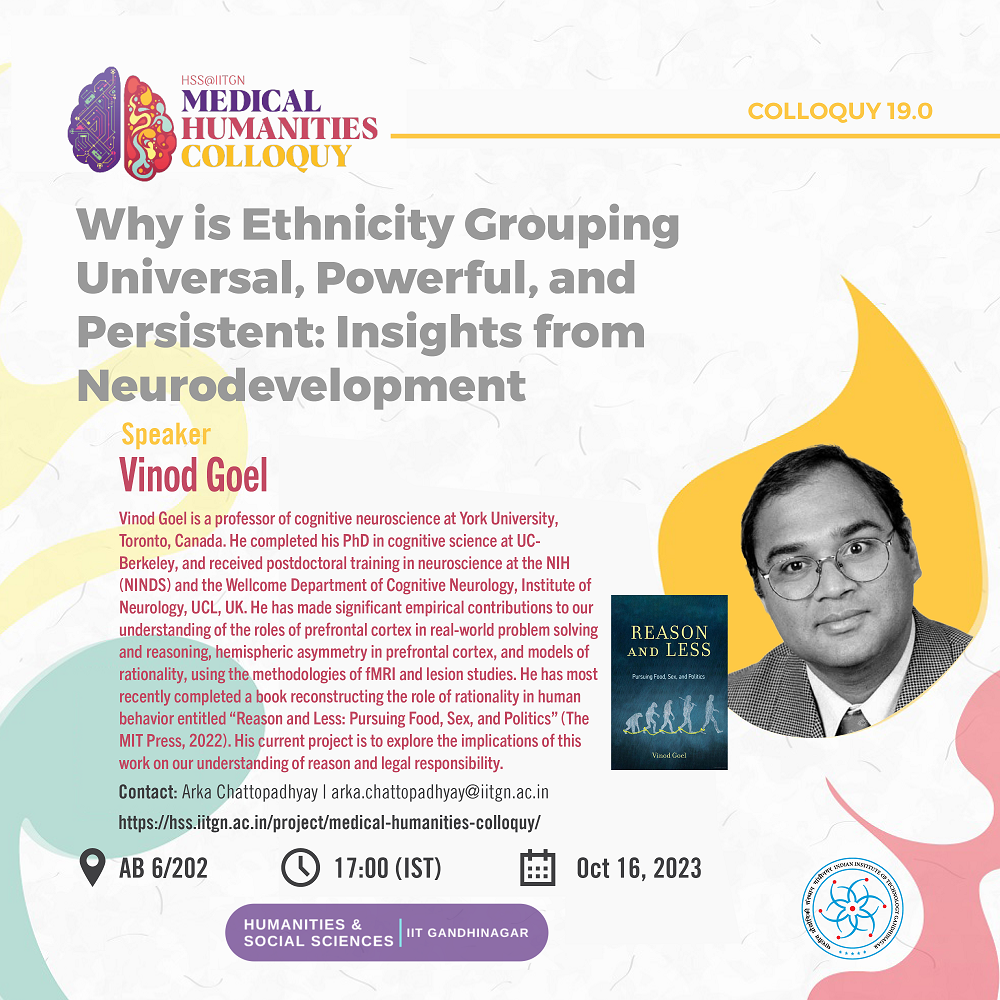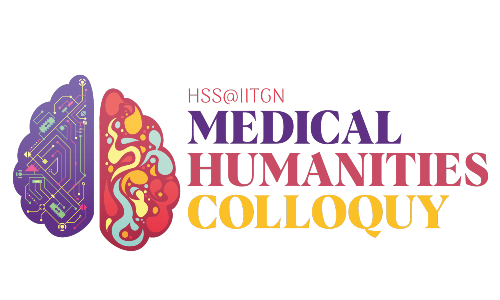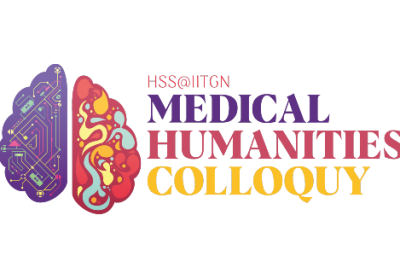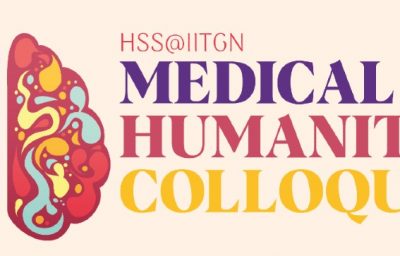Title: Why is Ethnicity Grouping Universal, Powerful, and Persistent: Insights from Neurodevelopment
AB 6-202, October 16, 5pm
Abstract: Ethnicity is among the most powerful of social/political forces. One definition of an ethnic group is “any group who set themselves apart and/or are set apart by others with whom they interact or coexist on the basis of their perceptions of cultural and/or common ancestry” (Jones, 1997). The various accounts of the phenomenon can be organized into two broad categories of “primordialism” and “constructivism” or “instrumentalism.” The former explains ethnicity as a natural phenomenon grounded in kinship ties and assigned at birth (e.g. Van den Berghe, 1981; Connor, 1993; Blanton, 2015). The latter explains ethnic group formation as a cognitive, social construction strategy for protecting and projecting economic and political interests (e.g. Cohen, 1974; Anderson, 1991). Social Identity Theory is an influential variation on the latter (Hale, 2004). The two accounts need not be mutually exclusive (Fearon, 1999). The critical difference between these theories is their position on the question of the ease or difficulty with which ethnic identities can be changed, once established. On the primordial accounts it is difficult; on the constructivist accounts much easier.
Whatever their merits, these theories struggle to explain the special status of ethnicity in human affairs and convincingly answer the following four questions: (1) What is special about the formation of ethnic groups? (2) Why is it so difficult to change ethnic identities, once formed? (3) Why do ethnic motives have such emotive power? (4) Why is there an asymmetry in the wielding of ethnicity as a political tool (i.e. why is it easier to provoke interethnic violence versus attenuating it)? I will propose a very different account of ethnic grouping in terms of neural maturation trajectories and the tethered nature of minds that can provide substantive answers to these questions. Time permitting, I will also discuss the implications of this model for multiethnic societies and nationalism.
Vinod Goel is a professor of cognitive neuroscience at York University, Toronto, Canada. He completed his PhD in cognitive science at UC-Berkeley, and received postdoctoral training in neuroscience at the NIH (NINDS) and the Wellcome Department of Cognitive Neurology, Institute of Neurology, UCL, UK. He has made significant empirical contributions to our understanding of the roles of prefrontal cortex in real-world problem solving and reasoning, hemispheric asymmetry in prefrontal cortex, and models of rationality, using the methodologies of fMRI and lesion studies. He has most recently completed a book reconstructing the role of rationality in human behavior entitled “Reason and Less: Pursuing Food, Sex, and Politics” (The MIT Press, 2022). His current project is to explore the implications of this work on our understanding of reason and legal responsibility.





